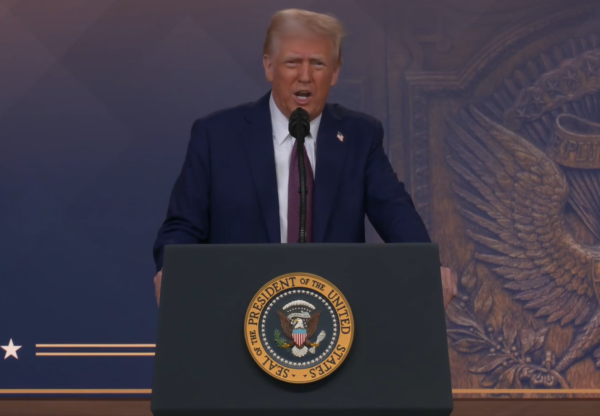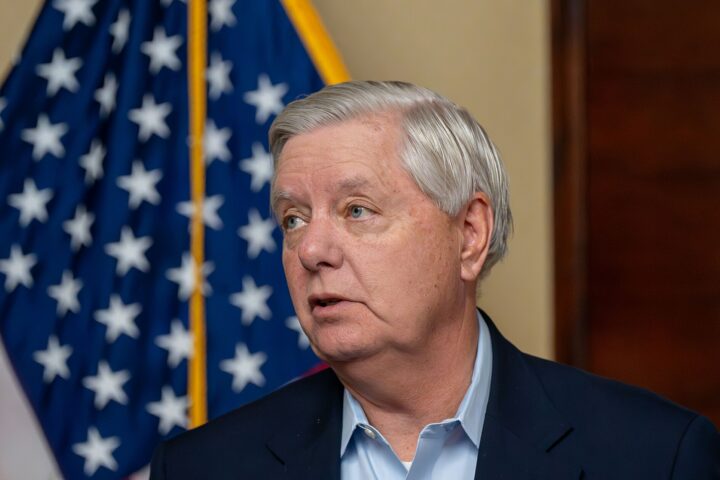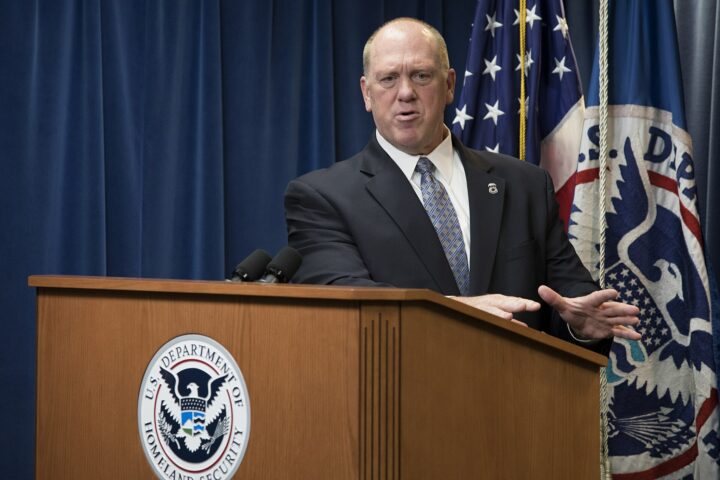In a decisive move to curb Iran’s nuclear ambitions, the Trump administration reportedly announced sanctions on June 6, 2025, targeting a shadow banking network linked to the Zarringhalam brothers, who are accused of laundering billions to support Tehran’s nuclear program and its affiliated terror groups.
The Department of the Treasury’s Office of Foreign Assets Control (OFAC) revealed that these sanctions encompass over 30 individuals and entities involved in this extensive financial operation.
The Zarringhalam brothers—Mansour, Nasser, and Fazlolah—allegedly utilized Iranian exchange houses and foreign front companies to facilitate the evasion of U.S. sanctions and to channel funds from oil and petrochemical sales back to Iran.
Treasury Secretary Scott Bessent emphasized the crucial role of this shadow banking system in providing financial lifelines to the Iranian regime.
“Treasury will continue to leverage all available tools to target the critical nodes in this network,” he stated, illustrating the administration’s commitment to disrupt operations that undermine U.S. interests.
Despite ongoing negotiations concerning Iran’s nuclear program, the administration has maintained its “maximum pressure” campaign, aimed at preventing Tehran from developing nuclear weapons capabilities.
This latest round of sanctions aligns with President Trump’s broader strategy to confront Iran’s destabilizing activities in the Middle East.
The Zarringhalam network reportedly used front companies based in Hong Kong and the United Arab Emirates to assist sanctioned Iranian officials in processing payments for petroleum and other commodities.
These front companies included familiar names such as Mansour Zarrin Ghalam and Partners Company, as well as several others that have been sanctioned for facilitating these illicit transactions.
OFAC’s investigation revealed that the brothers played a significant role in smuggling operations that circumvented U.S. sanctions, allowing both military and civilian entities in Iran to access international financial markets.
The agency noted that the network exploited falsified invoices and transactions to obscure payments for sanctioned goods.
Moreover, the shadow banking system has led to rampant corruption within Iran, with whistleblowers indicating that government agents have embezzled substantial sums through these financial channels.
“The shadow banking system negatively impacts the Iranian people,” OFAC stated, highlighting the broader repercussions of these illicit activities on ordinary citizens.
The newly imposed sanctions will block all U.S. property and interests linked to the designated individuals, prohibiting American citizens from providing any funds, goods, or services to them.
As the Trump administration continues to tighten its grip on Iran’s financial networks, the implications for U.S.-Iran relations remain significant, particularly as the international community grapples with the complexities of addressing Tehran’s nuclear aspirations while managing regional stability.
[READ MORE: Bannon Warns Elon Musk May Help Dems ‘Steal’ Midterms From the GOP]








